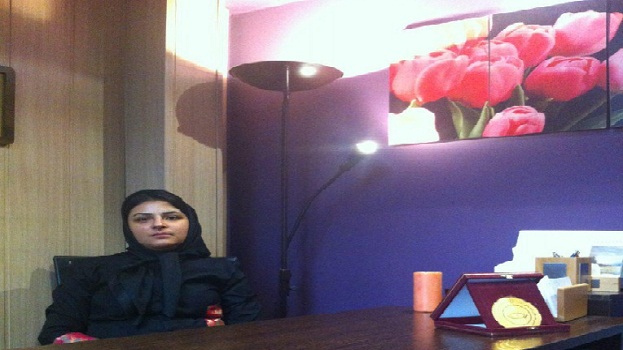
“Health” word has had broader explanation in the modern world. Overall people health is the combination of physical, psychological, economic and social health. Unfortunately, sometimes it is seen someone who is saved from addiction trap, after a while despite having a long-term follow-up, after releasing he would be addicted again. The reason in these cases is lack of monthly meeting with social worker and advisor or being absence in required group therapies. In the most cases, the reason of these problems is relevant to one’s economic health that means unemployment and lack of sufficient income. Someone who is recently released from addiction still suffers from having low levels of self-esteem and hope, of course if such a person to be able finding a good job not only does he profit by employment income but also he can use his time correctly and makes himself busy purposively, enjoys his life and at the end he can feel of satisfaction and pleasure, doubtless what is the highest bonuses for recovered person.
Here, the role and the importance of Supported employment plans would be clear.
This plan focuses on development. In the most cases, the chance to work is low for recovered person and business owners trust him hardly due to his bad record. In this plan there is economical cycle with community-based approach. After releasing, recovered peoples make groups, in addition to follow-up usual facilities, they use workshops of skills relevant to interactions promotion, problem solving, economical management and etc. Not only does this plan give them its economical and social knowledge but also helps them to establish small economical firms which don’t need much capital (By granting short-term loans and giving advice for establishment of firms) like: bike and car repair shops, electrical appliance repair shops, small sandwich shops and restaurants. In this development program, the support plays its role in addition to listed items, but to form purposive group therapies too (twice a week), until peoples can talk about their experiences and use their social workers guidance and feel this support by a purposive system. Thus individuals can pass the recovery path successfully and return to their normal life. In the long-term, these persons become good models for other recovered persons and help them to carry on this path. This program in addition to help development of someone’s income status, but by giving jobs and money to the person and this good condition strengthens the sense of being useful and his happiness would be increased, surely what increases self-confidence and self-esteem in the long term and recovers his social-mental health. It is hoped that follow-up programs focus on purposive economical development more, because this focusing can provide multilateral health and development too.
Pouneh Imam Shoushtaree
Poona social work clinic
Master in economic development and planning


Thank you for your sharing. I am worried that I lack creative ideas. It is your article that makes me full of hope. Thank you. But, I have a question, can you help me?
Your article helped me a lot, is there any more related content? Thanks!
Thank you for your sharing. I am worried that I lack creative ideas. It is your article that makes me full of hope. Thank you. But, I have a question, can you help me?